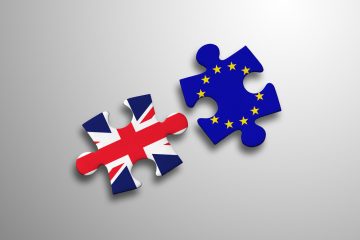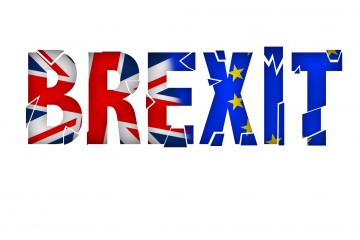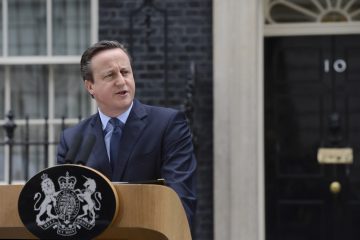
The young(-ish) have spoken. What now?
When Teresa May announced her snap election last April, she not only ruined my Roman holiday, but also made me cringe about having written a blog in the immediate aftermath of the Brexit referendum in which I had encouraged just that, namely: “Go with Dignity – Call a Snap Election!” Why? By then I had accepted the prevailing wisdom that the Conservatives would win a landslide victory, providing them with a three-figure majority in the Commons. This would have given her the popular mandate to push through Brexit in the ‘hardest’ possible form, thus nullifying any chance for a second ‘in-out’ referendum on the outcome of the Article 50 negotiations, which I had by then advocated in “The Will of …

The 1975 Referendum on Europe
The United Kingdom joined the European Economic Community (as it then was) on 1 January 1973 after negotiations by the Conservative government led by Edward Heath. In the run up to the subsequent 1974 General Election the Labour Party pledged, in its manifesto, the United Kingdom’s first nationwide referendum on whether to stay part of the Economic Community on renegotiated terms or to completely part company. With a Labour victory, the new Prime Minister, Harold Wilson, followed through on his promise and a referendum was held on 5 Jun 1975. The outcome was an overwhelming victory (67%) for the ‘In’ campaign. The 1975 vote in favour of Europe did not, however, end the debate on the United Kingdom’s membership of what …

A tragedy: Lies, damned lies and Brexit
Viewed from the perspective of the three main protagonists, Cameron, Gove and Johnson, Brexit has variously been presented as a Greek tragedy or a spat between Oxford alumni[1]. Certainly the latter, it has real elements of the former. But, in truth, the real tragedy is the further erosion of British democracy. Prime Minister David Cameron reluctantly agreed to the inclusion of an in/out referendum in the 2015 Conservative election manifesto in order to appease the Eurosceptic right wing of the party.[2] Some commentators suggest that he never expected to have to deliver the referendum thinking that it would be vetoed by Liberal Democrats in coalition or else be voted down by the opposition[3]; certainly it was a referendum that he …

Brexitania: Post-truth politics, the fallout, and the way forward
The UK’s Brexit referendum outcome has left Europe, and the world, in disbelief. After 40 years, Britain’s historic decision to turn its back on the European Union has divided the country—a division that cuts not only across families and friends, but also between the “establishment” and the electorate. It is perhaps this latter divide that is most pronounced. But will this division last? Brexit presents a unique opportunity to expose and debate some of our most pressing problems, and to restore the bonds of trust between voters and the political elite. Britain divided by elite maneuverings Britain leaving the EU does present some important challenges—both economic and social— that have splintered the British political, economic, cultural and ideological landscape. It …

Brexit referendum folly
The consequences of the Brexit referendum are bad for both Europe and Britain, regardless of the result. The EU referendum in the United Kingdom was intended as a festival of democracy, but it has proved to be an exercise in political madness. Brits pride themselves on being sensible and pragmatic people, but they embarked on a sentimental journey into the unknown. Rational arguments are being set aside while populists are having a party. The prospect of a referendum with an uncertain result has already caused a great deal of disarray, and those who count the costs of a possible Brexit should realise that major damage to Europe and the United Kingdom has already been done. A few million partisan national …









